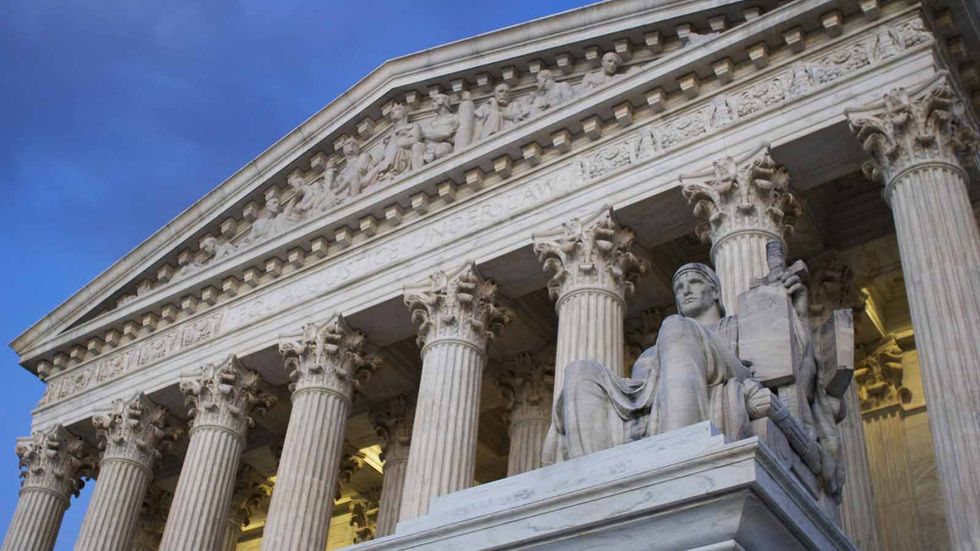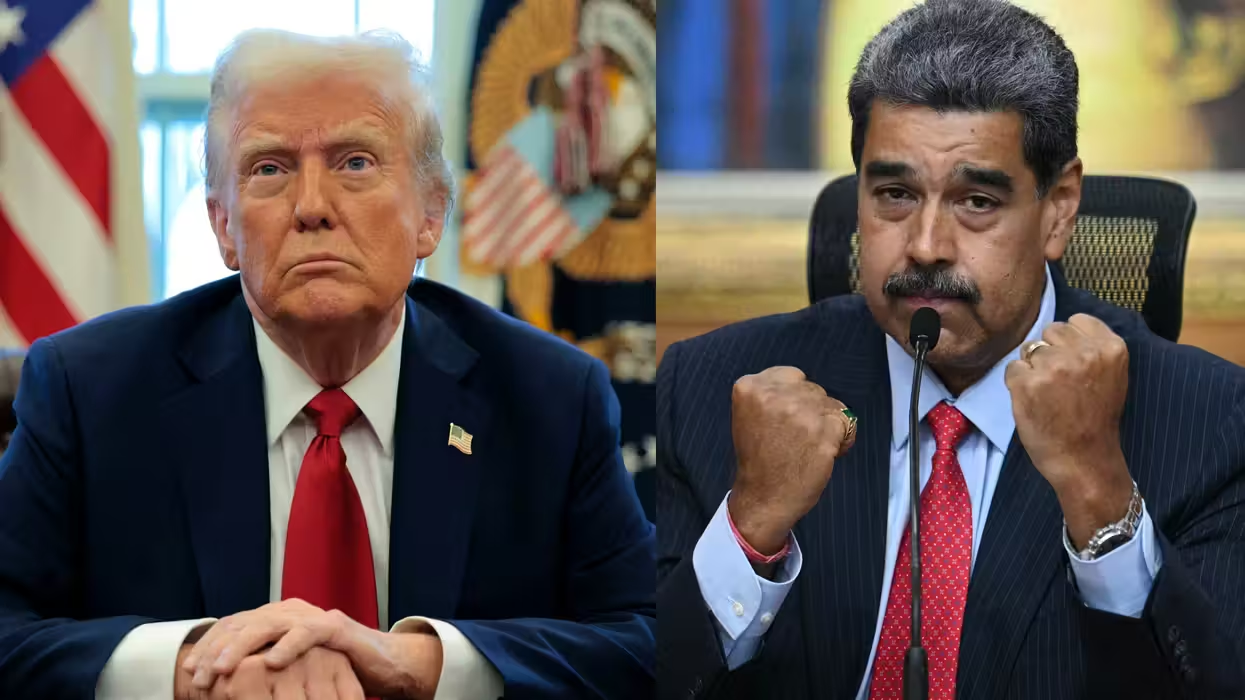
© 2025 Blaze Media LLC. All rights reserved.
On Monday, the Supreme Court confirmed in a 5-2 ruling what I have been saying all along: it is unconstitutional for Puerto Rico to declare bankruptcy. Still, the Caribbean island tried.
Puerto Rico is in a debt conundrum. The island is saddled with $118 billion in debt and obligations, or $80,000 per household. They have already defaulted on some debts, and they don’t appear to have the means to repay others. Puerto Rico’s attempt to solve that problem provides the context for a recent Supreme Court case.
That case is Puerto Rico v. Franklin California Tax-Free Trust. The case revolves around a law Puerto Rico passed two years ago to allow the island’s public utilities to restructure debt without the full consent of its creditors, unions, or pension boards. The law closely mirrors Chapter 9 bankruptcy, a statute that only applies to state municipalities.
Currently, states are only permitted to grant Chapter 9 bankruptcy measures to municipalities within the state. The most recent example is Detroit, a city that declared bankruptcy on $20 billion in debt in 2013. State governments, however, are prohibited from similar bankruptcy privileges, and are barred from enacting state bankruptcy laws (the same goes for Puerto Rico).
As stated in the Supreme Court of the United States Blog (SCOTUSBlog),
The petitions [by Puerto Rico] raised the same question: Since Chapter 9 of the bankruptcy code does not even apply to Puerto Rico, does it nevertheless bar Puerto Rico from passing its own law to restructure the debts of its public utilities?
The petitions argue that by being excluded from Chapter 9 and restricted from passing its own bankruptcy law, Puerto Rico was left in “no man’s land.” Therefore, its only option was to wait for Congress to act.
On its surface, the argument Puerto Rico makes for access to Chapter 9 bankruptcy, like states, seems to be compelling. Like states, perhaps Puerto Rico’s utilities should have similar municipality bankruptcy protections. That’s a debate Congress should consider in the future (emphasis on future). Currently, there are problems with this approach. States can raise the bankruptcy flag because the supporting laws are in place; creditors, pension boards, and unions have all made agreements with local entities knowing that Chapter 9 privileges may be invoked. The content of these agreements has been built into the plans, risk models, and premiums requested by lenders.
But this is not the case in Puerto Rico where lenders have offered money under the promise and guarantee that the island would not declare bankruptcy. Chapter 9 would do little to help the already mountainous debt, unless of course, the law was applied retroactively. And the Constitution is supposed to protect against retroactive state laws that usurp government contracts.
In the Constitution, Article 1, Section 10, Clause I declares: “No State shall… pass any Bill of Attainder, ex post facto law, or law impairing the obligation of contracts.” This very point was already litigated by the Supreme Court in U.S. Trust Co. v. New Jersey (1977), emphasizing Constitutional protections against state government interference in contractual obligations. Retroactive Chapter 9 bankruptcy would allow Puerto Rico to void previous contractual obligations, which appears to be unconstitutional.
Furthermore, Puerto Rico is not stuck in “no man’s land.” The law permits Puerto Rico to engage in negotiation with creditors worried about default. The threat of default has already forced free and fair negotiations. And those negotiations have actually worked. As I wrote in March:
In 2014, Puerto Rico’s largest debt holder, the Puerto Rico Electric Power Authority (PREPA) failed to make payments on its $9 billion in debt. Instead of resorting to litigation and settlements in court, the bondholders decided to work with the utility to restructure the debt, implement business reforms, and provide a new source of capital to the outdated and inefficient utility. The result was a 15 percent reduction in the value of the old bonds, a longer payment schedule and even lower interest rates – plus hundreds of millions of dollar in new loans.
This latest Supreme Court case has confirmed that any bankruptcy-like protections in Puerto Rico would violate federal law and perhaps the Constitution. That is a message not heard in Congress. The latest Puerto Rico bailout bill, currently headed to the Senate, would give a federally chartered, imperial-like, Oversight Board the ability to invoke Chapter 9-like provisions for Puerto Rico; merely a federal loophole used to ignore the constitutional requirements required of states to fulfill contractual obligations.
At this moment, my faith is with the Supreme Court to hold the Republican Congress in check, because Republicans only seem interested in pushing an unconstitutional bill. The courts have spoken, and Congress should listen.
Want to keep up with what's going on in Washington without the liberal media slant, establishment spin, and politician-ese?
Sign up to get CRTV’s Capitol Hill Brief in your inbox every evening! It’s free!
John Gray is a Senior Editor at Conservative Review. Follow him on Twitter @JohnW_Gray.
Want to leave a tip?
We answer to you. Help keep our content free of advertisers and big tech censorship by leaving a tip today.
Want to join the conversation?
Already a subscriber?
more stories
Sign up for the Blaze newsletter
By signing up, you agree to our Privacy Policy and Terms of Use, and agree to receive content that may sometimes include advertisements. You may opt out at any time.
Related Content
© 2025 Blaze Media LLC. All rights reserved.
Get the stories that matter most delivered directly to your inbox.
By signing up, you agree to our Privacy Policy and Terms of Use, and agree to receive content that may sometimes include advertisements. You may opt out at any time.






